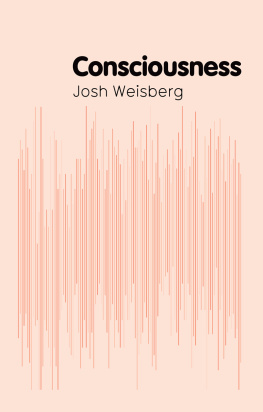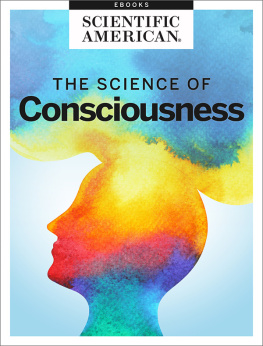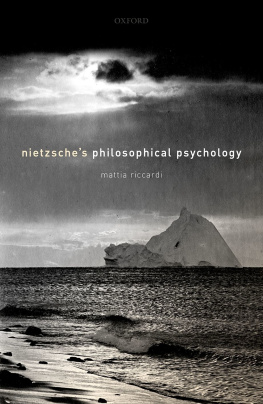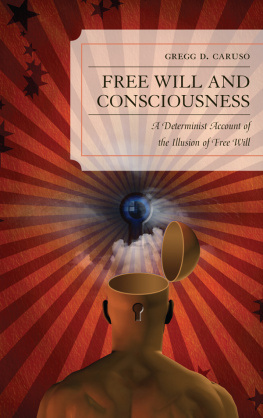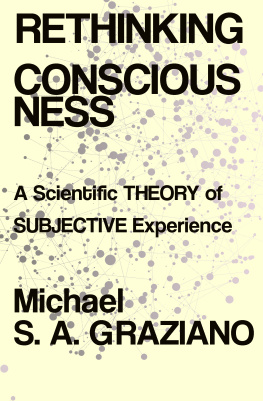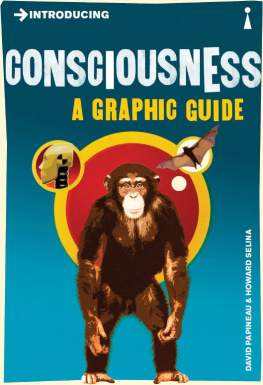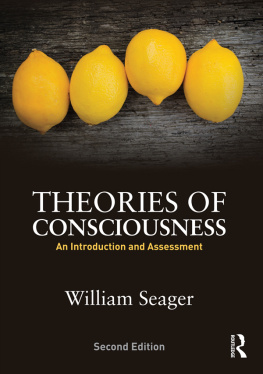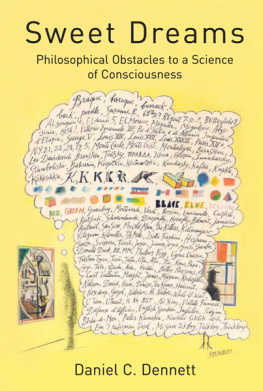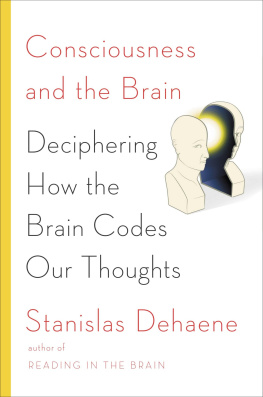
Table of Contents
Key Concepts in Philosophy
Heather Battaly, Virtue
Lisa Bortolotti, Irrationality
Joseph Keim Campbell, Free Will
Roy T. Cook, Paradoxes
Douglas Edwards, Properties
Bryan Frances, Disagreement
Douglas Kutach, Causation
Ian Evans and Nicolas D. Smith, Knowledge
Daniel Speak, The Problem of Evil
Chase Wrenn, Truth
Copyright Josh Weisberg 2014
The right of Josh Weisberg to be identified as Author of this Work has been asserted in accordance with the UK Copyright, Designs and Patents Act 1988.
First published in 2014 by Polity Press
Polity Press
65 Bridge Street
Cambridge CB2 1UR, UK
Polity Press
350 Main Street
Malden, MA 02148, USA
All rights reserved. Except for the quotation of short passages for the purpose of criticism and review, no part of this publication may be reproduced, stored in a retrieval system, or transmitted, in any form or by any means, electronic, mechanical, photocopying, recording or otherwise, without the prior permission of the publisher.
ISBN-13: 978-0-7456-5344-0
ISBN-13: 978-0-7456-5345-7 (pb)
ISBN-13: 978-0-7456-8663-9 (epub)
ISBN-13: 978-0-7456-8662-2 (mobi)
A catalogue record for this book is available from the British Library.
The publisher has used its best endeavours to ensure that the URLs for external websites referred to in this book are correct and active at the time of going to press. However, the publisher has no responsibility for the websites and can make no guarantee that a site will remain live or that the content is or will remain appropriate.
Every effort has been made to trace all copyright holders, but if any have been inadvertently overlooked the publisher will be pleased to include any necessary credits in any subsequent reprint or edition.
For further information on Polity, visit our website: politybooks.com
For Ashley, for everything
Acknowledgments
Most of what I know about serious philosophy, and especially about the problem of consciousness, I learned from David Rosenthal. My sincere thanks to David for all his guidance; this book would not exist without him. Also, I've greatly benefited from the work of two of the best folk working on consciousness today: Ned Block and David Chalmers. Ned and Dave, both in their writings and in person, have challenged my own thinking on these issues and this has done much to improve the quality of the material herein.
My thinking on consciousness has been deeply shaped by an ongoing (and sometimes drunken) debate I've been carrying out for years with Pete Mandik, Uriah Kriegel, Richard Brown, Ken Williford, and Dave Beisecker, among many others. It still amazes me that we get paid to do what we do, as we'd be doing it anyway, so long as there's a place where we can gather for beers and people don't mind us yelling about swamp zombies and hyper-encephalated squirrels. Thanks as well to the CUNY Cognitive Science lecture series (run by David Rosenthal) for all the incredible talks and discussions late into the New York night.
Thanks to my wonderful colleagues at the University of Houston, especially Jim Garson and David Phillips who gave me advice and encouragement as this process moved forward. Thanks to Tamler Sommers for food, football, and philosophy. Thanks to Cynthia Freeland for the cookies and conversation. And thanks to Bredo Johnsen for well, just for being Bredo Johnsen! It is truly a gift in life when you love coming to work every day.
I presented versions of this material three times to graduate seminars at UH, and each time I received excellent feedback and advice. Many thanks to those students for their energy and enthusiasm. I also benefited immensely from co-teaching a workshop on philosophical theories of consciousness with Uriah Kriegel at the Towards a Science of Consciousness conference in Tucson in 2010 and 2012. Thanks to Uriah for that and all the wonderful conversations we've had over the years.
Thanks to my editor, Emma Hutchinson, and Pascal Porcheron and David Winters, at Polity Press. Emma's sure hand has made this process easy from the very beginning. Cheers! And thanks to Ken Williford who read the whole draft and provided excellent comments and criticisms, as well as insightful help in the proper use of umlauts.
Since taking on this book project, my sons Winston and Franklin were born. I love them with all my heart, but they are a handful, to say the least! Therefore it would have been impossible to write this book without the help of my friends and family. Thanks especially to Clint and Amy Harris, for Friday night cul-de-sac and more, and to my in-laws, Farrell and Peggy Hope, who have swooped in to the rescue multiple times! My mother Judy Weisberg and my late father Robert Weisberg have been incredibly supportive throughout my life they always made me feel I could do anything and that I should follow my heart. Thanks, mom and dad! But none of this happens without the endless love and encouragement (and wisdom and backbone and childlike joy) that I've received from my wonderful wife, Ashley Hope. Truly my better half. This book is dedicated to her.
The Problem
What is the problem of consciousness? If there's one most pressing worry about consciousness in contemporary philosophy, it's what philosopher David Chalmers calls the hard problem (Chalmers 1996). It's the problem of explaining why anything physical is conscious at all. More specifically, why do certain physical brain processes result in the subjective experience of color, rather than experiences of sound or no experiences whatsoever? The problem is a version of an older philosophical conundrum, the so-called mindbody problem, famous from the work of Ren Descartes. The hard problem of consciousness is where much of the fighting over the mindbody problem ends up after the rise of modern psychology, cognitive science, and neuroscience. Consciousness seems to be the remaining bit that fails to fit nicely into the modern scientific worldview. Even after we've explained all of what the brain does, down to the finest neural detail, the hard problem of consciousness appears unanswered. The hard problem, and philosophers' attempts to deal with it, is the main focus of this book.
But what is consciousness? As with many philosophical questions, even agreeing on the thing we disagree about is difficult! How we pick out consciousness in the first place can have big implications for how hard the hard problem appears. If we define consciousness as the mysterious, unknowable core of human experience, then it's not surprising that consciousness seems inexplicable. But if we define consciousness as whatever causes our verbal reports about how we feel, then we may be defining a real mystery out of existence at the get-go. So it would be nice if we can find a way to characterize consciousness that neither builds in unsolvable mystery, nor rules it out by stacking the explanatory deck. While there isn't a single agreed-upon definition in contemporary philosophy, unfortunately, we can focus on a set of puzzling thought experiments imagined scenarios where innocent-looking steps lead us to philosophical worries to zero in on what's at issue. And while not every philosopher agrees that the thought experiments carry great meaning, all can agree that something must be said to explain the puzzlement they generate. What's more, much of the contemporary literature on the philosophical problem of consciousness at least touches on some or all of these imagined scenarios, so they are needed background knowledge for anyone wanting to go down this particular rabbit hole.
Next page
